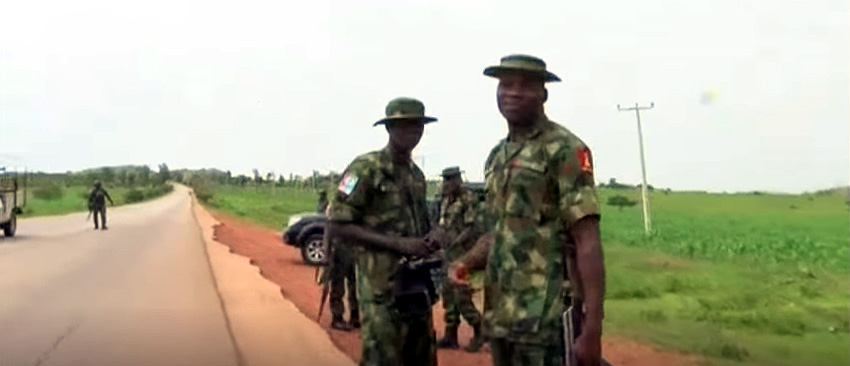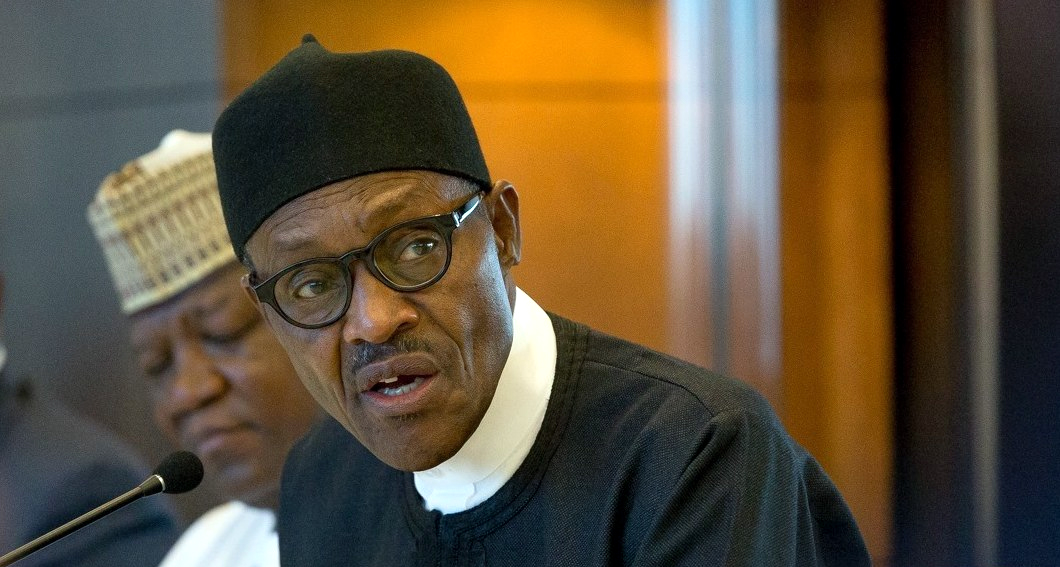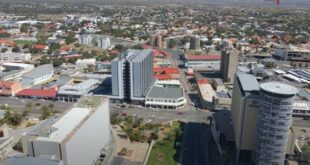Many international organisations have expressed concern over violent attacks perpetrated by suspected cattle herders from the Fulani ethnic group in the central Nigerian state of Plateau early this week. The state government say more than 200 persons, including women and children, were killed in the military-style attack on 11 villages across three local government areas without the intervention of security forces.
Amnesty International (AI) has said by failing to hold murderers to account, the Federal Government was encouraging impunity that is fuelling rising insecurity across the country.
The Director Amnesty International Nigeria, Osai Ojigho, stated this in a report released by the organisation on Thursday.
AI stated that its independently verified estimated figures indicated that since January 2018 “at least 1,813 people had been murdered in 17 states, which is double the 894 people killed in 2017.”

Ojigho stated, “The death tolls reflect killings as a result of farmers-herders conflict, communal clashes, Boko Haram attacks and banditry.
“We are gravely concerned about the rising spate of killings across the country, especially the communal clashes between farmers and herders and attacks by bandits across at least 17 states.
“The authorities have a responsibility to protect lives and property, but they are clearly not doing enough going by what is happening.”
Ojigho added, “The latest incident in Plateau State, where armed gunmen attacked 11 villages on June 23 for at least seven hours and killed at least 200 villagers without intervention from security forces should be investigated.
“That the violence in Plateau started after an attack, which was followed by reprisals from Thursday, June 21 shows unacceptable security lapses.
“Despite the deployment of security forces, including the military in over 30 states, the escalation of these attacks shows that whatever is being done by authorities is not working.
“There is urgent need for people who are suspected of committing crimes to be held accountable.

“We hope that President Buhari’s commitment to bring those suspected to be criminally responsible for the killings in Plateau State to justice will break the impunity that has spread through the country.
“In addition, government must answer these questions: who are these attackers, where do they come from, where do they go after attacks, who arms them, why is security forces’ response time very slow?”
He explained, “Amnesty International’s investigations show worrying details of how frequently the security forces failed to protect villagers. In all cases Amnesty International investigated, the attackers, usually arriving in their hundreds spend hours killing people and setting houses on fire and then disappeared without a trace.”
Amnesty International also expressed concerned about the impact of these killings on farming, especially with the affected villages and farmlands deserted because people fear going back to their homes.
“We are at the peak of farming season, and communities affected by this wave of violence are largely agrarian. But because of fear of attacks they have either been displaced or unable to cultivate their farms, therefore their major source of food and income threatened by the attacks,” said Osai Ojigho.

The organisation called on the Federal Government to address security lapses that “make it easier for the killers to carry out attacks and disappear.”
Many critics have alleged that the Buhari administration has been soft on the Fulani herdsmen because the president is of the same ethnicity as the suspected killers.
A trend has emerged of the pastoralists invading villages, killing residents indiscriminately and driving them away from their ancestral land which the herdsmen eventually occupy with their cattle. Original inhabitants who attempt to go back are killed by the occupiers. This has led critics to accuse the Fulani pastoralists of ethnic cleansing and genocide, which are international crimes according to the Rome Statue establishing the International Criminal Court.
The herdsmen have been carrying out a wave of killings in the country’s Middle Belt since the beginning of the year.
Victim groups have threatened to take the Federal government of Nigeria to The Hague for allegedly aiding and abetting genocide and ethnic cleansing.
In a related development, the UN Secretary-General has also condemned the attacks, in a press release issued by his spokesman on Thursday.
The statement read, “The Secretary-General is deeply concerned about the increasing frequency, intensity, complexity and geographic scope of violent conflict between farmers and herders, as well as related banditry, extortion and cattle rustling, in several countries across West and Central Africa.
“He condemns the resulting loss of life, property and livelihoods, as well as population displacement, which undermines peaceful coexistence between communities in many of the affected countries. It is also detrimental to regional stability.
“The Secretary-General stresses that all attacks targeting civilians violate international humanitarian law.”
Sesan Adeola
 THE AFRICAN COURIER. Reporting Africa and its Diaspora! The African Courier is an international magazine published in Germany to report on Africa and the Diaspora African experience. The first issue of the bimonthly magazine appeared on the newsstands on 15 February 1998. The African Courier is a communication forum for European-African political, economic and cultural exchanges, and a voice for Africa in Europe.
THE AFRICAN COURIER. Reporting Africa and its Diaspora! The African Courier is an international magazine published in Germany to report on Africa and the Diaspora African experience. The first issue of the bimonthly magazine appeared on the newsstands on 15 February 1998. The African Courier is a communication forum for European-African political, economic and cultural exchanges, and a voice for Africa in Europe.
































